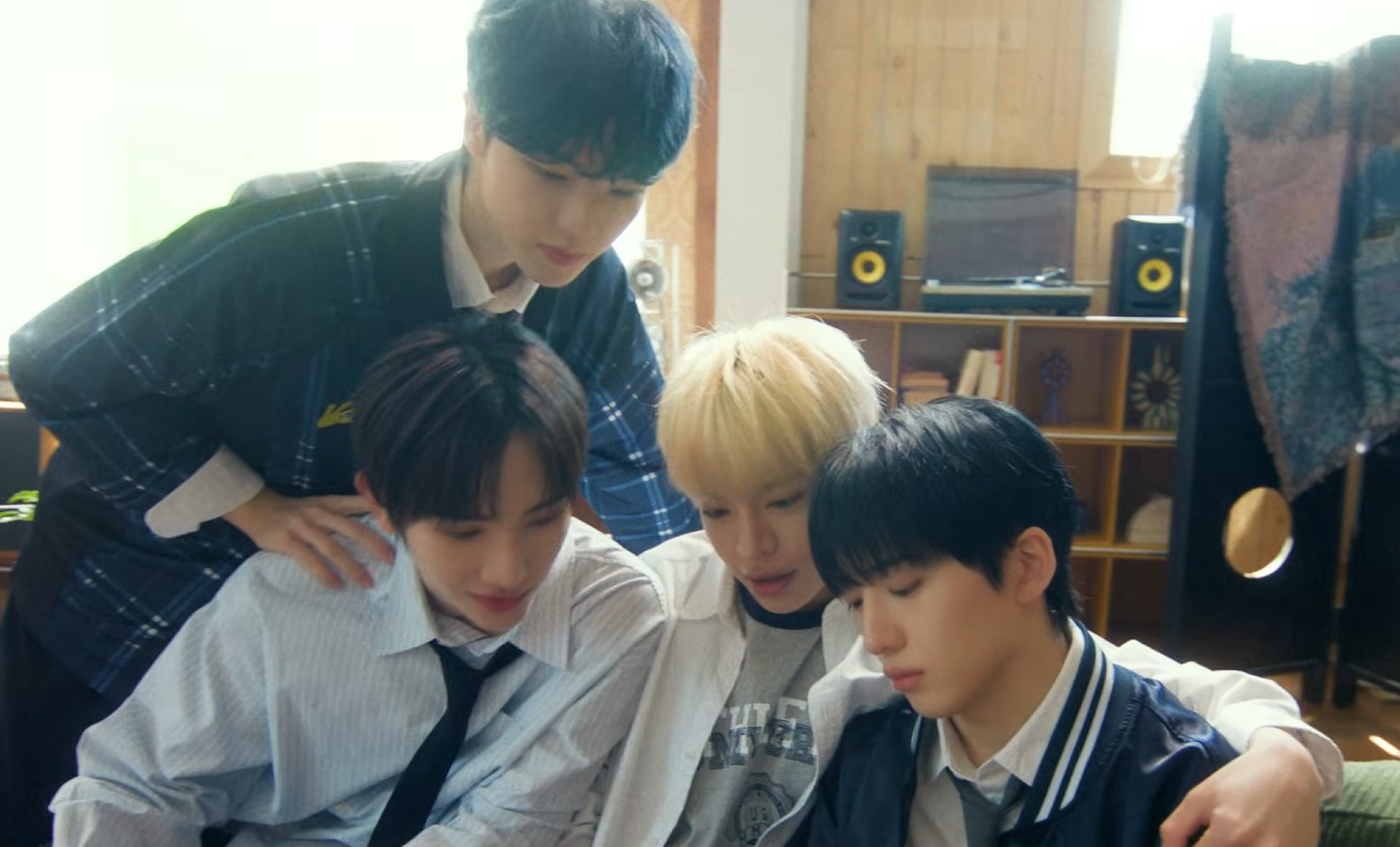Tencent Acquires HYBE’s Stake in SM Entertainment
In a major shakeup within the K-pop business landscape, HYBE has officially sold off its remaining stake in SM Entertainment, marking the end of a high-stakes corporate rivalry that began in 2023. The buyer? Tencent Music Entertainment (TME), China’s top music streaming company, signaling a new chapter for both SM and HYBE—and possibly for K-pop’s evolving relationship with the Chinese market.
From Power Struggle to Strategic Exit
The story begins in February 2023, when HYBE made a bold move by purchasing a 14.8% stake in SM Entertainment from its founder, Lee Soo-man. This wasn’t just a passive investment—HYBE had ambitions to take over. They launched a public tender offer aiming to buy an additional 25%, which would have given them nearly 40% ownership and control over SM.
But the plan fell through when SM’s management chose to align with Kakao, another major Korean tech and entertainment player. Kakao countered HYBE’s bid with a higher offer and ultimately secured a controlling stake. By March 2023, HYBE backed away from the acquisition, citing concerns over market stability and shareholder value.
Still, HYBE retained a minority stake, quietly preparing for a strategic exit. Over the following year, they offloaded shares through private block trades. By May 2025, their holdings had dwindled to 9.38%.
Tencent’s Surprise Move
Now, Tencent Music Entertainment has swooped in to buy HYBE’s final 2.21 million SM shares for approximately ₩243.35 billion KRW (about $177 million USD). Priced at a 15% discount to SM’s current market value, the deal reflects the standard approach for large-volume block trades—and comes with no management rights attached.
The transaction will be finalized after hours on May 30. Once completed, HYBE will have fully exited SM’s ownership structure, ending its involvement cleanly and profitably.
Why This Timing Makes Sense
There are two key drivers behind the deal’s timing. First, SM Entertainment’s stock has recently rebounded amid growing speculation that China may finally lift its unofficial ban on Korean entertainment—a ban in place since 2017 due to political tensions. This has reignited investor interest in major K-pop companies.
Second, Tencent appears to be positioning itself for the return of Korean content to the Chinese market. As the largest digital music platform in China, owning a stake in SM could give Tencent a powerful distribution partner if K-pop makes a full return to Chinese stages and streaming platforms.
What This Means for SM and K-pop’s China Push
With Tencent now the second-largest shareholder in SM Entertainment—behind only Kakao—the company gains a strategic ally rather than a direct competitor. Unlike HYBE, which runs rival K-pop labels, Tencent is a content distributor. SM has already expressed interest in strengthening ties with Tencent, potentially paving the way for deeper collaboration on streaming access, live concerts, licensing deals, and joint ventures in China.
This could have huge implications for SM groups like aespa and NCT, which may now find it easier to re-enter and expand in one of the world’s largest music markets.
HYBE’s Financial Win and Future Focus
HYBE, meanwhile, walks away from the deal in a strong financial position. With this final sale, they have recovered approximately ₩5.66 trillion KRW—more than their original investment. In Q1 2025, HYBE reported a 38.7% year-over-year revenue increase, 50.3% rise in operating profit, and an astounding 398% growth in net profit.
Armed with fresh capital from the SM sale, HYBE now plans to reinvest in its core areas: artist development, global expansion, and tech platforms like Weverse. The company also hinted at potential new group launches or acquisitions, emphasizing this divestment as part of a “choice and concentration” strategy.
Tencent’s Quiet Rise in K-pop Influence
It’s also worth noting Tencent’s growing footprint across the K-pop ecosystem. In addition to the 9.4% stake in SM Entertainment, Tencent also owns 4.3% of WA Entertainment and 4.6% of Kakao Entertainment. Rather than running its own label, Tencent is becoming an influential force behind the scenes by holding equity in key players.
Meanwhile, Tencent’s Chinese rival, NetEase Cloud Music, recently partnered with RBW, the company behind Mamamoo and ONEUS—another signal that Chinese firms are preparing for a potential K-wave resurgence.
HYBE’s exit and Tencent’s entry mark more than just a change in shareholders. It reflects a broader realignment in the K-pop industry—one with eyes firmly set on a reopened Chinese market. Whether China fully lifts its ban and how SM Entertainment and Tencent collaborate next will be crucial to watch.
As K-pop’s international ambitions grow, this deal could prove to be a major pivot point—ushering in a new era of cross-border partnerships, strategic equity deals, and renewed cultural exchange between Korea and China.














Leave a Reply